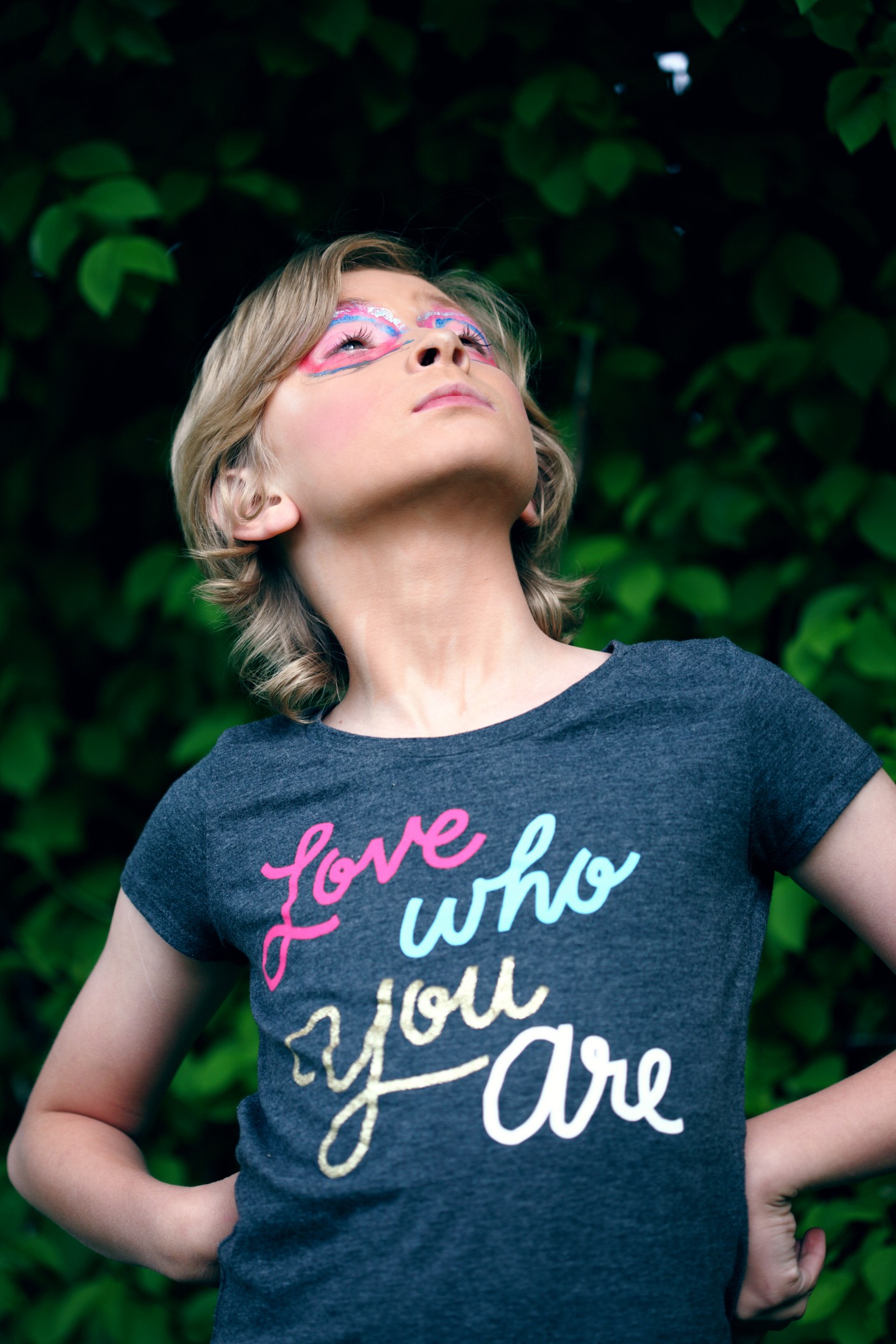
These 3 steps to mindful self-acceptance will improve all your relationships, especially the one with yourself.
How’s your primary relationship? I’m not talking about your partner, best friend or your kids (although they are important too). I’m talking about your relationship with yourself. Do you say unkind words to yourself? Would you say those words to someone you love? Are you teaching your kids self-acceptance or self-criticism?
The relationship we have with ourselves will influence all of our other close relationships. Unexamined, underlying feelings of self-criticism or self-doubt tend to come out from hiding at some point and affect all our relationships.
Parents, when you are hard on yourself, there are ripple effects. You may think your kids aren’t listening, but those may be the only times they actually are listening! Our kids absorb more than we think. They are listening to how we speak to ourselves.

When You Are Hard on Yourself, It Impacts Your Relationships
If you wouldn’t say something to your beloved, or your best friend, try not to say it to yourself. I know that is easier said than done, but it is worth the effort to change insidious patterns that can affect families for generations. Critical words carry an emotional charge, and self-harming habits tend to run deep. I want to be a cycle breaker, and I believe it is possible. Not only that, but if I can convince enough parents then I believe we can change the world in one generation. My mission, in a nutshell, is to eradicate shame.
Sometimes words will come out of my mouth, and I have no idea where they came from. For example, I’ll drop something and before it hits the ground, “Oh! You’re so stupid!” will spring out of my mouth. This is not something I think is true, and I don’t know where it came from, but it is there all the same!
These phrases may seem benign, but they are far from neutral. When I'm calling myself stupid, there is internalized shame and harsh judgement brimming beneath the surface, just waiting for a human moment to bubble over. I strive to break these cycles.
Consciously, I know everyone drops things sometimes and it is no big deal. Paying attention to my body sensations, the word “stupid” is accompanied by a twisting feeling in the middle of my chest and an uneven rhythm to my breath.
I make it a point of journaling and doing structured self-compassion practices to unlearn those patterns, and teach myself new ones, before my son ends up muttering cruel words to himself that he learned from me.
3 Steps to Self-Acceptance, Based in Mindfulness:
The next time you catch yourself saying something unkind to yourself, stop. Hit pause and relax a moment. Pay attention.
- Observe your unkind, critical thought. Don’t pile on by judging yourself further. We are all human. Just notice the thought with curiosity. Bringing it out in the open will not make it more or less true, but you will be able to see it more clearly.
- Name the feelings associated with the thought. Feel the associated feelings in your body. Say “yes” to whatever feeling is present here. Emotional discomfort may not be fun, but it won’t harm you and it has a lot to teach. Take some deeper breaths as you ask the feeling why it came. Listen to the answer.
- Say something kind to yourself, in your own words. For example, “I love you.” or “It’s not your fault.” or “You’re not alone in this.” I find that a gesture like placing a hand on my heart helps me take in the words. Receive them. You can write the words out and put them up somewhere prominent to remind you.
Compassion Is a Habit We Can Learn and Teach
It isn’t easy to say yes in that moment to the twisting in my chest and the searing judgment turned inward. It isn’t easy to pause and acknowledge that I’m carrying internalized shame (which in my family is historically hiding under perfectionism). It may be generations or even centuries old. I want it to stop in my generation. That is my motivation for sitting in the discomfort with curiosity — I know that being present with what I’m feeling can be healing for myself, and also for those I love.
After learning what I can from the painful feelings, I end with touching my heart in a gesture of compassion, and telling myself what I would say to my best friend if she was being hard on herself: “It’s okay. No one is perfect. I love you, flaws and all. You’re amazing.”
Self-Acceptance Is as Infectious as Self-Criticism
The next time my son makes a mistake or spills something, it will be easier for me to say, “Oops! That’s okay, we can clean it up. I’ll help!” and to really mean it. Compassion is a habit we can learn and teach.
Our unexamined self-criticism or self-doubt tend to come out from hiding at some point during parenting, and will probably affect our kids. We can model changing these patterns.
First, observe your unkind, critical thought objectively. Then, name the feelings associated with the thought and notice where they land in your body. Finally, say something kind to yourself, and receive it. Remember that you have a practice to turn to when unconscious thoughts arise and cause harm.
My hope is that my son will learn to have a loving relationship with himself. I know he needs to learn this from me, so I model self-acceptance, however imperfectly.
Here are a few self-compassion messages written by other parents for you:
“You deserve all the love in the world.”
“Be gentle with yourself.”
“You are going to make it.”
“You are loved and cherished.”
“You’ve got this!”
What you are choosing to say to yourself today?
Put it in the comments below, to share with others grappling with self-criticism. We’re stronger together!
Hi, I’m Kate! I can’t wait to walk this path alongside you, sharing the tools that have helped me feel calmer.
Stop Walking On Eggshells!
Gentle yoga to release your stress and shift your mindset about struggle.
If you get your buttons pushed often by other people's issues, you may be hypervigilant. You might feel it in your body as clenching, tension, or chronic pain.
You'll become more grounded in awareness of your body.


